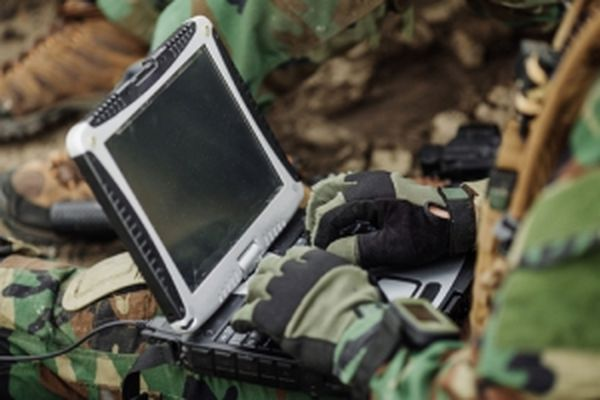Russian Army Tests “Military Internet” with High-Speed Secure Network
The Russian Ministry of Defense has tested high-speed information exchange lines, creating what is being called a “military internet.” According to the ministry, the system achieved data transfer speeds of up to 300 Mbps between field command posts located more than 2,000 kilometers apart. To reach these results, the Ministry of Defense used specialized equipment and over 1,500 mobile communication and encryption units.
Secure and Autonomous Communication
Experts report that all communication channels are reliably protected from hacking, making external access to the network impossible. During the tests, data exchange was carried out through a highly secure local wireless network, which allows for the transfer of large files, including audio and video information.
Advanced Technology Used in Exercises
The exercises involved the use of digital and mobile video conferencing systems MKS-P and MK ZVKS, as well as the R-438-N “Belozer” satellite communication stations. High-speed “Nickel” crypto routers ensured the secrecy and encryption of data.
Fully Isolated from the Global Internet
The network is completely autonomous and does not have any traffic exchange points connecting it to the external internet. All data is encrypted and transmitted through Ministry of Defense hardware, which helps prevent potential leaks. In the future, such communication lines are expected to enable high-speed data transfer of virtually any volume across the entire country, according to military officials.
Main Purpose: Automated and Combat Control
The primary goal of these communication channels is to transmit and process data for automated and combat control systems. The modern automated network will allow real-time data collection, such as monitoring fuel and ammunition supplies for specific military equipment.
Background: Internet Security Legislation
Earlier this year, Russian President Vladimir Putin signed the so-called “Runet isolation law,” aimed at ensuring the stable operation of the Russian segment of the internet in case of disconnection from the global network or coordinated attacks. In June, it was reported that Russian authorities do not plan to create a “sovereign internet,” but will actively protect it from external threats.



